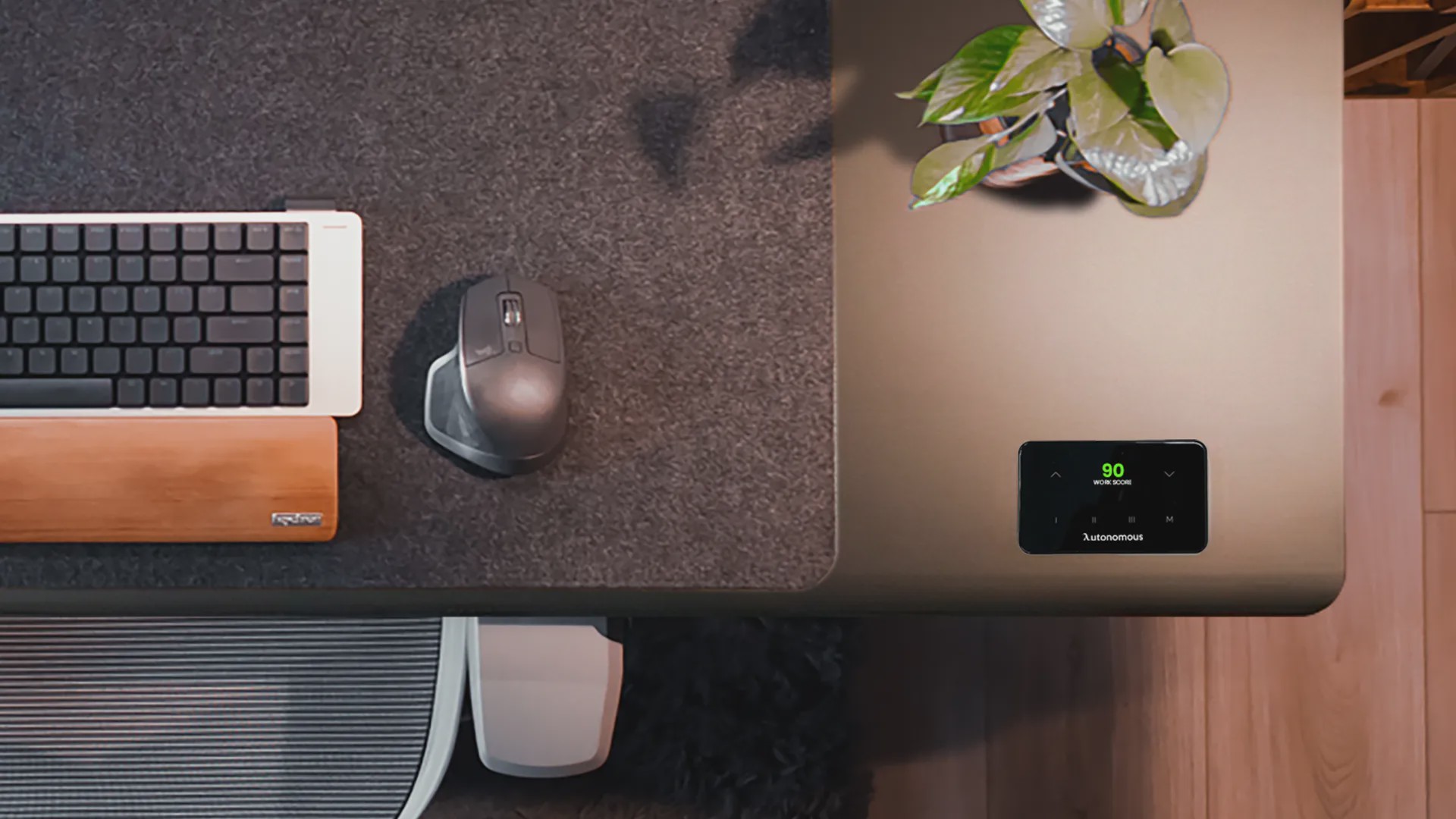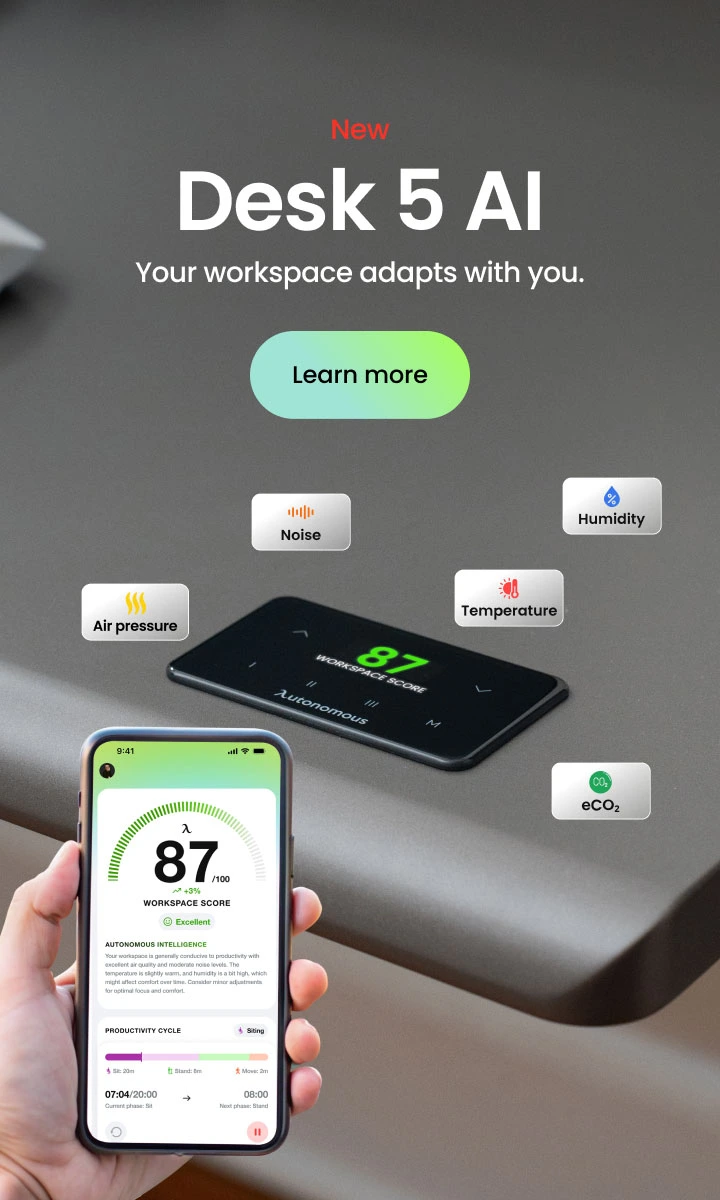
Mental Blocks in Workplace: Causes, Cure and Prevention
Table of Contents
A study suggests that 12% of sick leaves in the UK are associated with mental health issues in the workplace. This is a serious concern as the number of employees facing mental issues is ever increasing, affecting both mental and emotional health at work. A mental block is also a common health issue faced by millions of employees each day. And truth be told, a mental block can lead to many other health issues, which can be draining and tiring for the average employee over time.
What is Mental Block?
Mental block meaning differs from person to person, as each individual has different triggers that obstruct productivity in the workplace. Mental blocks are common at work but can develop into serious anxiety and self-esteem issues if not addressed properly, gradually affecting overall mental well-being.
While mental blocks are often situational, prolonged exposure to unmanaged stress may overlap with broader mental illnesses that impact long-term performance and quality of life. There are several causes of mental blocks at work, but thankfully, each of them can be addressed with preventive and proper measures.
Mental Block Causes at Work
While the mental block is common and can happen to anyone, people working in the creative sector are most likely to experience it. Sometimes they run out of ideas and cannot bring their mind to think of solutions when needed. And in such cases, if the workplace exerts a lot of pressure, mental health can be seriously impacted. Toxic workplaces are the most common cause of mental blocks, but there are some other reasons too.
1. Mental Pressure
Sometimes when you try to do even a basic thing in a lesser amount of time, the brain tends to shut down. This could be true, especially when you are making many decisions in a short period.
2. Improper Sleep
Our brain works like a machine, and proper sleep is the fuel to it. A mind that is deprived of sleep is unable to function to its maximum capability. Lack of sleep can also cause mood swings and irritability, leading to a mental block.
3. Lack of Confidence
You might not even realize it, but you are procrastinating because you don't find yourself good enough to do it. This lack of confidence can make the brain suffer, and thus you feel yourself out of ideas. This is also known as imposter syndrome and is a serious cause of anxiety in many humans.
4. Negative Thoughts
A negative mindset causes mental barriers. You may become demotivated if you believe you have little possibility of succeeding.
How to Overcome Mental Blocks at Work
You are all excited for the big day at work, but suddenly the brain refuses to cooperate. Nothing is more annoying than the last-minute betrayal from your mind, and all you are stuck with is google searches on how to deal with mental blocks. The first tip here is to relax because mental blocks can be addressed and dealt with effectively.
1. Organize your Thoughts
It's a relief to put pen to paper or type out your stream of consciousness, as journaling can be a therapeutic outlet. You can write down everything you need to do, as well as your hopes, worries, and emotions. Getting all of the craziness out of your thoughts and onto paper can be incredibly therapeutic and can assist you in determining the source of your block, especially when paired with practices like mantra meditation during work breaks or simple morning brain exercises that support mental clarity.
2. Keep the Workspace Clean
If you are feeling a mental block at work, then there could be several reasons for that. One of the most common reasons that lead to mental blocks is desk clutter. Desk clutter or unorganized workspace is closely linked to anxiety and depression in the workplace.
Start by cleaning your workstation and organize things to see a change in the way your mind reacts to the surroundings.
3. Be Present
Mindfulness is the practice of concentrating on the present moment. It’s not ruminating on the past or planning out all of the duties you’ll have to perform in the future. Allowing yourself to be fully present and simply noticing is what mindfulness is all about.
Pay attention to how you’re feeling and what’s causing you to feel that way, as your mental barrier could be exacerbated by the disconnect you’re experiencing in daily life. Tools such as the Liven app for mental wellness can support mindfulness habits that improve focus and emotional awareness during the workday.
4. Re-think the Approach
Simply deciding to retrain your mind is the first step toward knowing how to overcome a mental obstacle. Make a list of everything you're thinking and feeling. Replace self-limiting thoughts with empowering beliefs whenever they arise. This will help identify the problem areas, and you can have better energy levels.
Tips to Avoid Mental Blocks at Work
To avoid mental blocks at work entirely is not possible as our brains are wired to shut down when under extra load. But here are some ways to prevent yourself from reaching that level of exertion.
1. Realistic Goals
Keeping work expectations realistic is essential if you don't want your employees to face mental block depression. Realistic goals help employees achieve better results without having to face an extra load of stress. Companies must ensure to provide employees the right tool and motivation to work and not burden them beyond their capability.
2. Frequent Breaks
Human minds are like machines; if not attended to the care, they will lose efficiency and desired output. Taking a break from work is essential if you need to feel productive, which is why many great organizations encourage employee flexibility.
Hence, the concept of standing desks which allows your body to take a physical break from work. Standing desks are a useful accessory that helps in switching between sit and stand positions. It ensures that no part of the body is under extra stress.

3. Communication
One must be confident enough to communicate when they are not feeling at their best. Open communication can prevent the mind from shutting down and help ensure rest and support before it becomes overwhelming. Organizations should also ensure employees feel safe sharing concerns with management, as open dialogue plays an important role in sustaining long-term employee wellbeing.
4. Comfort
The whole concept of an ergonomic workspace is to encourage the health and wellness of employees in the work setting. If employees are well taken care of, they won't feel physical burn out and the chances of having a mental block also subsequently decrease, which is why comfort is an important quality to have in a workplace.
You can encourage comfort for employees in several ways. For instance, getting the best desk set up with all the essential desk accessories and an ergonomic chair could be the right solution to provide comfort to employees.
Conclusion
Mental blocks at work are not a sign of failure or inability. They are often signals that something in the way we’re working - pressure, rest, mindset, or environment - needs adjustment. Unlike long-term mental health conditions, mental blocks tend to be situational and responsive to small, intentional changes.
By understanding what causes mental blocks and learning how to address them through better organization, presence, and workspace habits, employees can regain clarity without forcing productivity. Simple practices - setting realistic goals, taking regular breaks, communicating openly, and maintaining a comfortable healthy work environment - help prevent mental fatigue before it turns into a deeper obstacle.
Ultimately, avoiding mental blocks isn’t about working harder. It’s about working in a way that supports focus, confidence, and mental sustainability over time. Small improvements in daily routines and workspace comfort can make a meaningful difference in how consistently - and clearly - we perform at work.
Spread the word
.svg)









